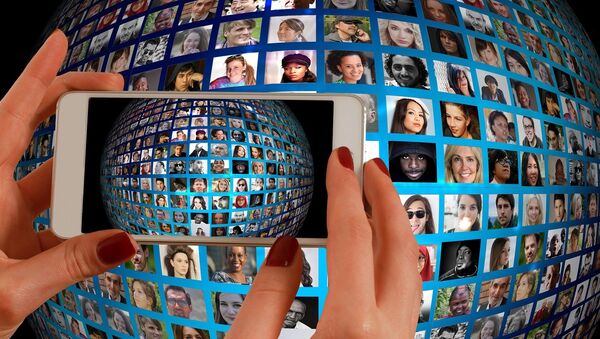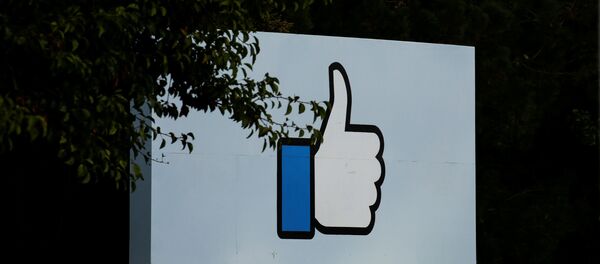Sputnik has discussed the issue with Dr. Karyn Healy, psychologist based at the Parenting and Family Support Centre at the University of Queensland and with Dr. Babak Abedin, Senior Lecturer at the University of Technology in Sydney.
Sputnik: How does harmful social media content impact on the mind of people, especially that of the most young and vulnerable?
Very often teenagers are able to hide it very well — and, you know, it certainly doesn't sound like Molly Russel's family identified any problems that Molly was having. One of the problems, I guess, with social media sites, and they're all different, but many of them use these algorithms where, if someone shows an interest in a particular topic, they are more likely to be offered more information about that, and to be directed to different sites that might have more information, to be put in touch with other people who have similar kinds of interest.
So in this kind of way, I guess social media, isn't neutral: it can really amplify any issues or concerns or questions that teenagers might raise.
And this is a real problem, if we are allowing kids as young as 13 years to be able to access these social media sites. So the social media sites really need to have a similar kind of duty of care that teachers have in schools, and be thinking about how the decisions they make about how their social media sites respond to young people, they need to take into account a duty of care, and think about the mental health impacts that it might have on young people.
Sputnik: Molly isn’t the first teenager to commit suicide over issues and material linked to social media. So why hasn’t the government resorted to the threat of banning such platforms before?
Dr. Karyn Healy: I'm not sure if it's a simple thing to ban social media sites and, you know, as soon as you ban one, there'll be another one appearing; but from what I could understand from the the news clips that I read on the subject, it sounds like that there is some room for discussion and conversation. I think that is really where the opportunity is.
What we do know is that young people, they connect a lot through social media, and it does have benefits as well. So it's not all bad. And it might be possible to address these issues, if there is a conversation.
Sputnik: What is blocking or slowing down social media firms from taking down such posts?
Dr. Babak Abedin: What we need to consider about social media platforms is that almost all of them are for purpose commercial organisations. So they operate primarily because they make money. What's happening with these social media platforms is you need to make sure that you maintain a large user-base.
And they need to make sure that they can grow their user-base, and their user-base actively uses the platform. So this is the fundamental intention and business model of these platforms, that users need to actively use the platform. That can be one of the reasons that they hesitate; and other reason that makes them hesitate or that may slow them down is that until recently there hasn't been much interest and push from the community and governments to encourage them or to force them to look at the content, and remove or filter the unwanted, harmful content.
Just recently there has been a bigger call and pressure on them to look at the content, and to find ways to filter them; and another reason is the technical side of it: it's not easy to filter, analyse and remove harmful content, when you have a massive level of data and content produced on a daily basis. So they also have some technical limitations. But my understanding and our research shows that the more the government, the community is now interested or pushing pressure on these companies, the more they have started to look at ways in which they can filter or find ways to control harmful content.
Dr. Babak Abedin: Legislating social media platforms or having them remove content is just one measure, and it's a piece of a bigger puzzle here. There are other measures, and what I would like to emphasize is the importance of education. We need to educate people, we need to educate the community, and we need to educate younger kids, adults, older people — it's not just the kids, we have all different groups of vulnerable users.
So education is very important. We need to create a culture of a healthy use of social media. And in my article in the Conversation I mentioned about health rates that we use for particular food, and the use of parental guide for movies, whereas for social media platforms and their content there's no guide. So it's hard for an average person to find out what is good and what's bad, what's healthy, what's not. So education and a good, healthy culture is very important.
Views and opinions expressed in this article are those of the speakers and do not necessarily reflect those of Sputnik.




